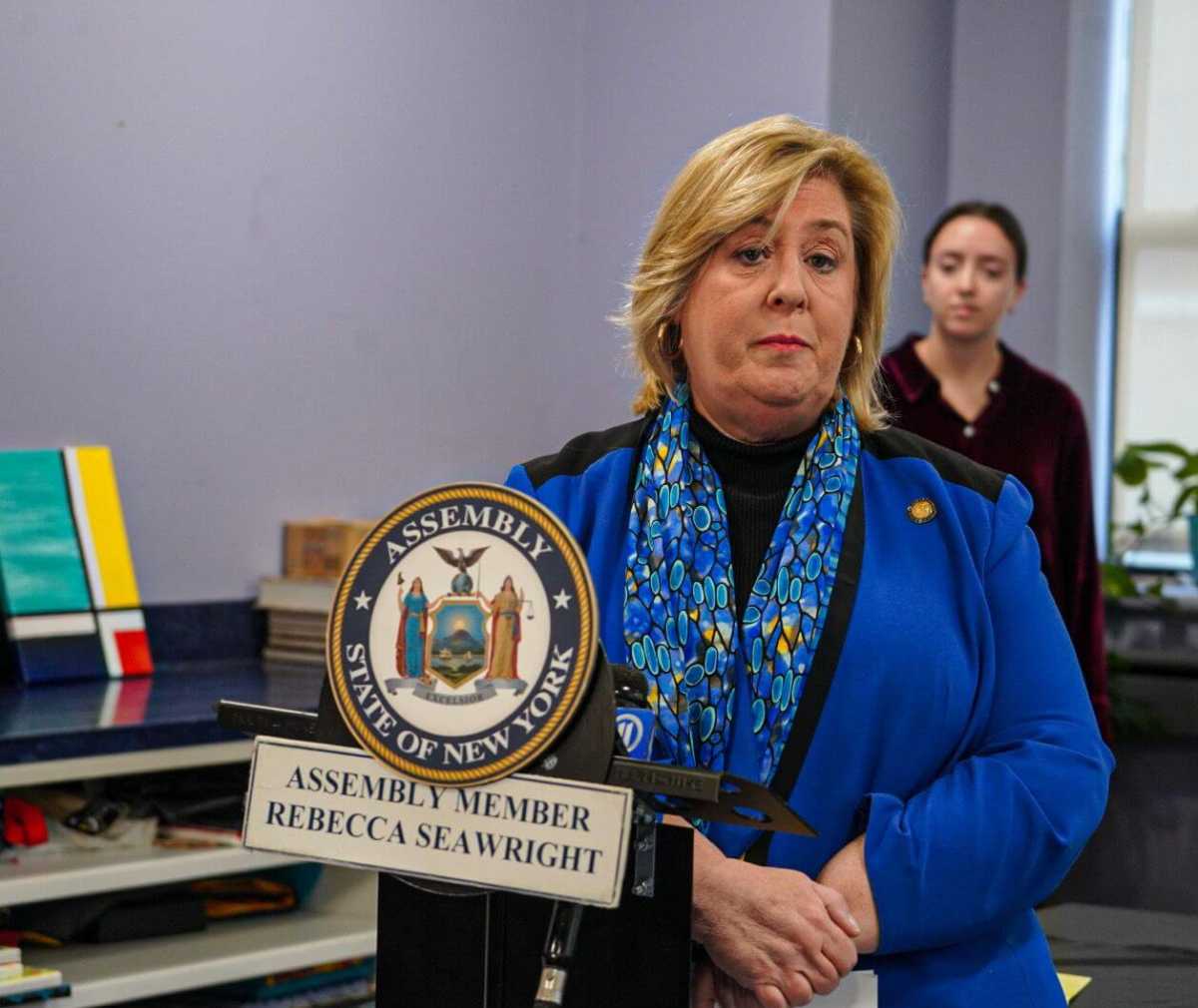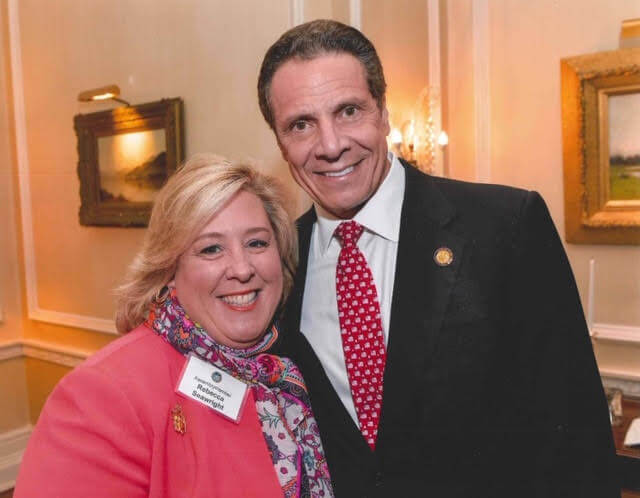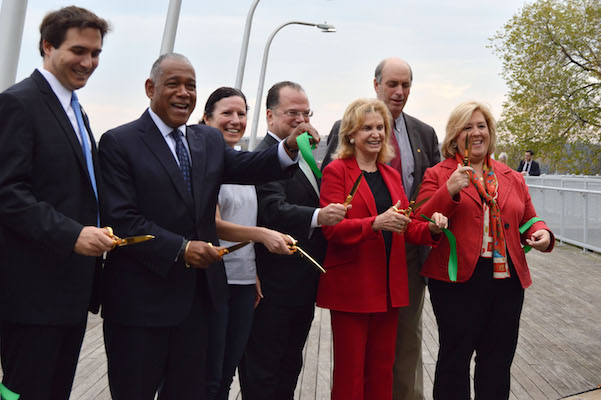As a New York State Assemblymember and Chair of the People with Disabilities Committee, my colleagues and I in Albany are vigorously fighting to address the severe crisis facing the Intellectual and Developmental Disabilities (I/DD) community. As we approach the final days of budget negotiations, we are at a critical fork in the road in determining whether New York effectively provides for those we are responsible for or fails them. We must act now.
New York’s nonprofit I/DD provider agencies rely on the State for more than 90% of funding. For over a decade, the State has failed to adequately invest in this vital support system. Chronic underfunding, coupled with rising inflation, has culminated in a workforce crisis that increasingly threatens the health, safety, and well-being of New Yorkers with I/DD, their families, and those who care for them.
Without long-term investment from the State, the future viability of the I/DD service sector hangs in the balance. That is why the legislature and Governor Hochul must approve an 8.5% cost-of-living adjustment (COLA) in this year’s final FY24 Enacted State Budget to ensure agencies can keep up with rising operational costs, especially in light of an acutely depleted workforce.
Thousands of New Yorkers with I/DD rely on nonprofit service provider agencies and the dedicated Direct Support Professionals (DSPs) they employ to provide life-sustaining support and services. These range from practical support to personal care catered to each individual’s unique social, emotional, and psychological needs. With this support system in place, New Yorkers with I/DD can live bright, fulfilling lives.
According to a recent survey from the New York Disability Advocates, there are currently 19,788 vacant direct care positions statewide that the nonprofit sector has been unable to fill. This is an appalling number of vacancies for a sector that provides essential life-sustaining care to one of our most vulnerable populations.
Egregiously low wages are forcing countless DSPs to weigh an unthinkable choice: continue caring for those who depend on them or opt for higher-paying positions in food service or retail industries. These jobs will allow them to better provide for their own families.
High turnover rates are costing the State’s nonprofit provider agencies over $100 million annually, depleting funds for other life-sustaining programs and services that the I/DD community depends on.
Without State funding to offer more competitive wages, it has become nearly impossible for the nonprofit I/DD service sector to recruit and retain staff. Nonprofit agencies also face competition from State-operated provider agencies within their sector.
In the past year, New York State has provided two wage increases for state-operated workers while leaving out DSPs at nonprofit agencies who do the same job for the same individuals. As a result, DSPs employed by nonprofit providers earn 70% of their state-employed counterparts’ salaries, even though 85% of New Yorkers with I/DD rely on the nonprofit system. There should be no preferential treatment when it comes to improving lives. We must ensure equal pay for all those who contribute to this vital workforce.
Last year, Governor Hochul enacted a 5.4% COLA increase for the nonprofit I/DD service sector — a life preserver to keep providers afloat amid a longstanding crisis. However, the 2023-24 Executive Budget proposed an insufficient 2.5% COLA increase. With staff vacancy rates and turnover costs continuing to skyrocket along with inflation, this simply isn’t enough to keep the I/DD service sector from drowning. The I/DD community needs permanent, long-term solutions.
First, we need to include a COLA increase of 8.5%–matching the rate of inflation—in this year’s final state budget. This will help nonprofit agencies keep up with rising operational costs for vital programs and services and provide livable wages to direct support staff. Over the past year, significant cost increases have placed untenable financial pressure on agencies. A 2.5% COLA increase will not even sustain the status quo, let alone overcome this decade-long crisis.
Second, permanent investment in DSP’s salaries is essential to guarantee the viability of the nonprofit service sector. Establishing a Direct Support Wage Enhancement this year would give nonprofit provider agencies much needed funding to enhance hourly wages for direct support staff. Not only would this allow such providers to offer more competitive wages, but it would also ensure that DSPs no longer have to choose between supporting those they care for and their livelihoods.
New York lawmakers have a duty to serve all their residents — particularly those who rely on them most. After more than a decade of neglect by New York State, Governor Hochul, and the legislature must take action to ensure the I/DD service sector has the resources needed to build a sustainable future for those who depend on it. Failure to do so in the upcoming State Budget is to entrench the reality that the I/DD community has been fighting against for years — a community that does not have the support it so urgently and truly needs and deserves.






































